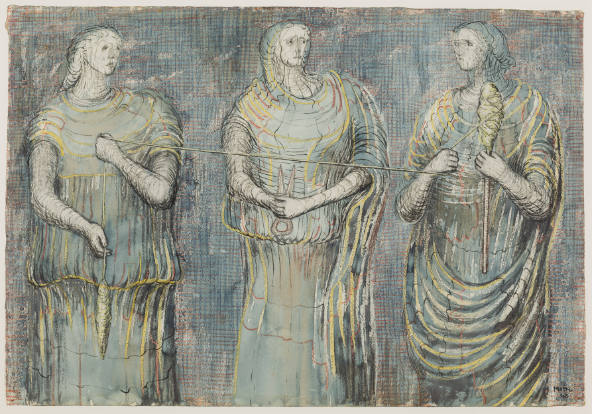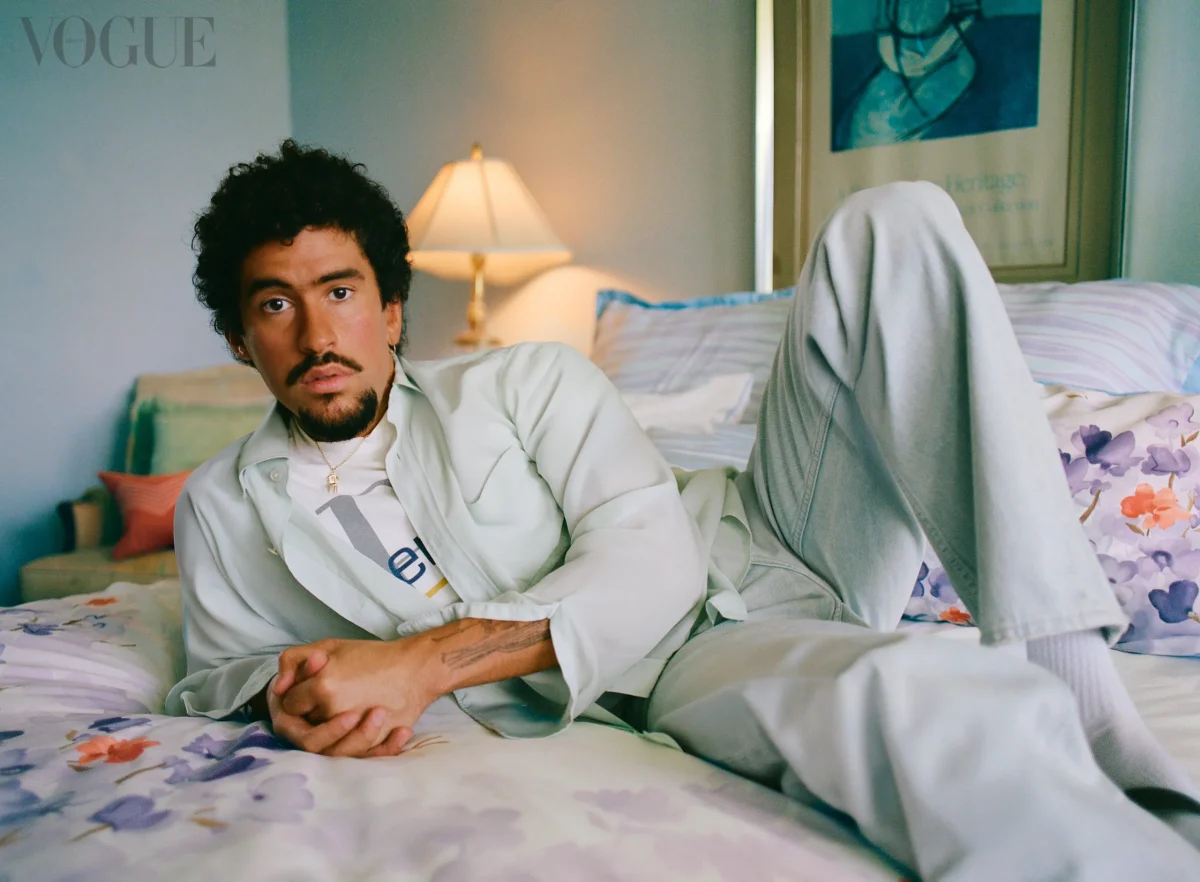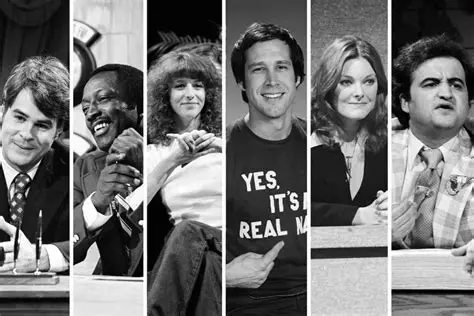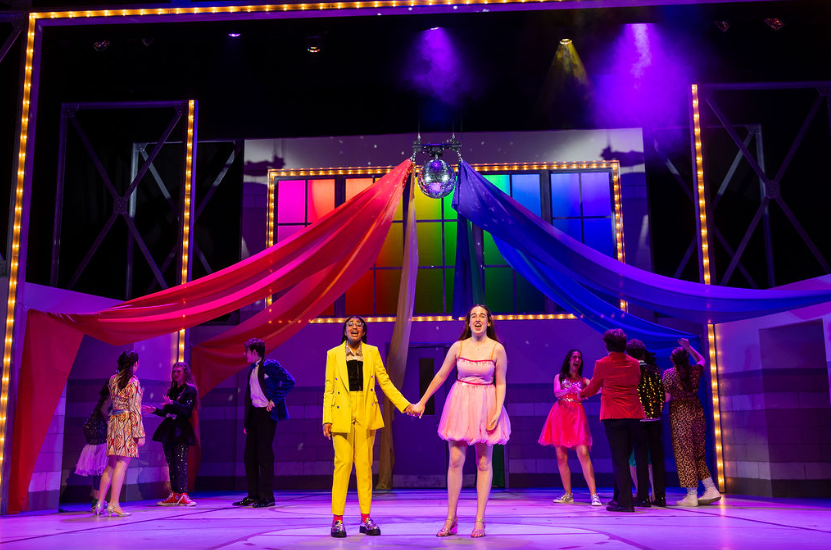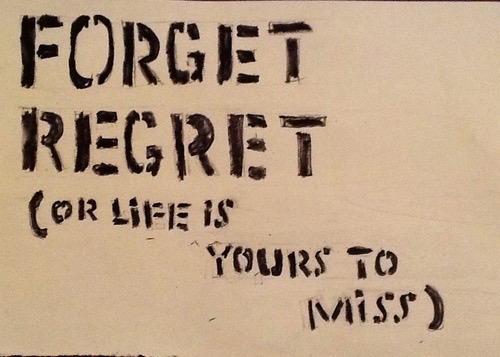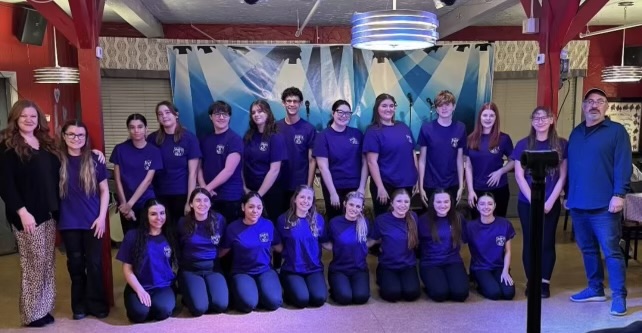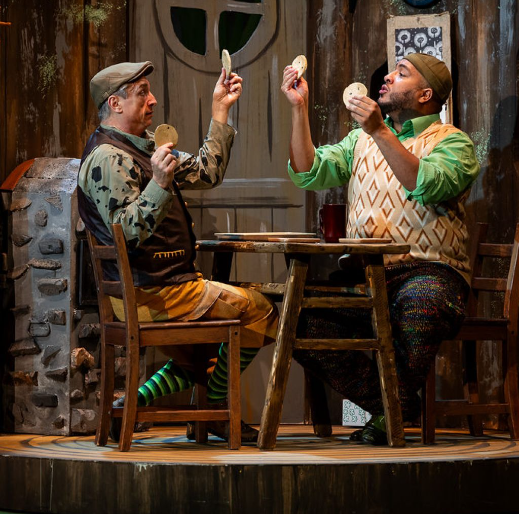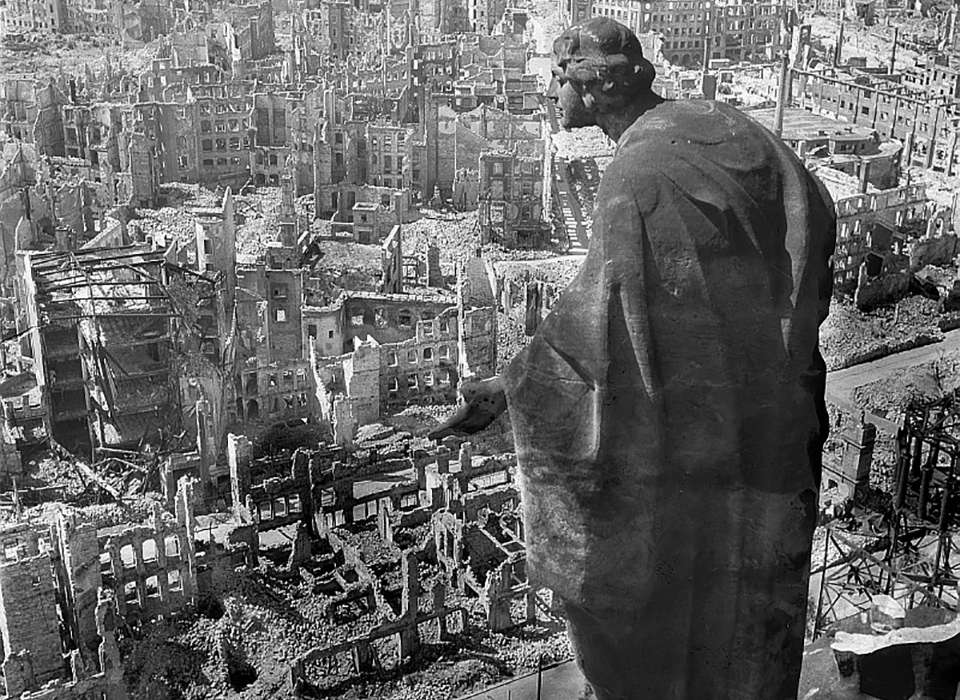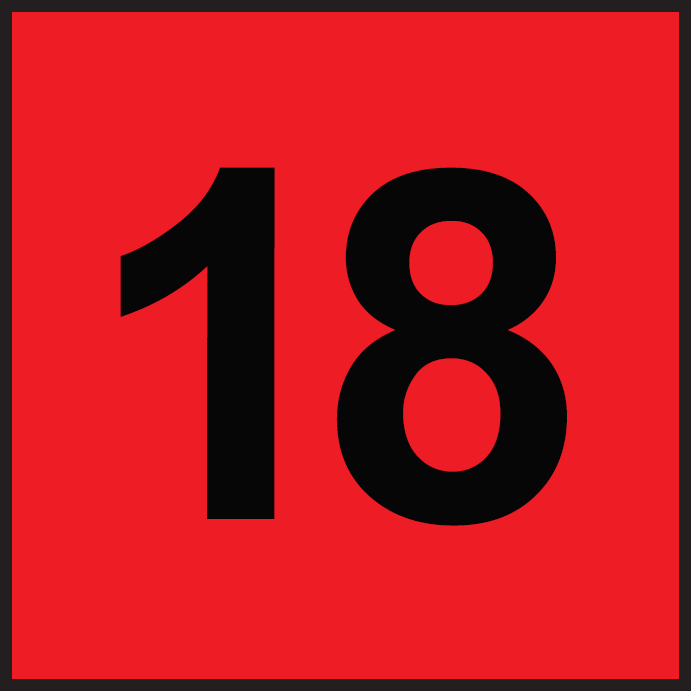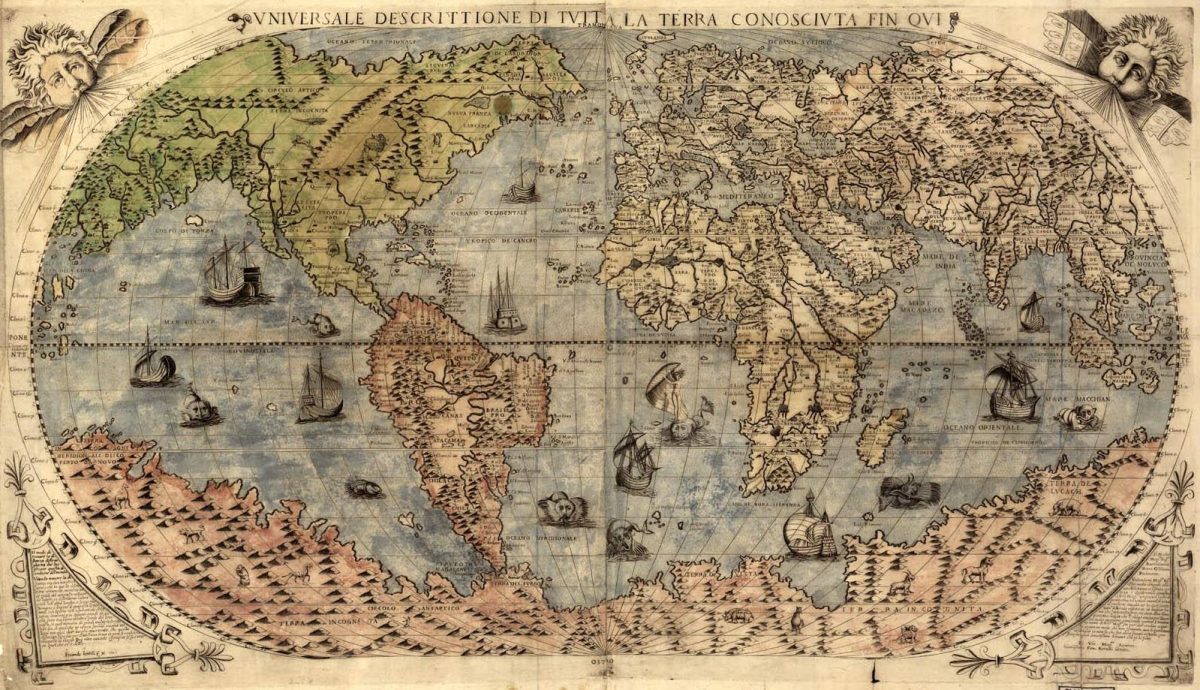The Winthrop High School Drama Society has officially embarked on its third production of the school year, and this one marks our entry into the 2025 Massachusetts Educational Theater Guild (METG) High School Festival. The festival unfolds across three stages– preliminary, semi-final, and State Finals– and of the 112 plays entered, only fourteen will be selected as State Finalists, with three ultimately named as winners. Winthrop High School is proud to present Woven, an original play written by the cast and crew, under the direction of Mrs. Karen Calinda and with technical direction by Amanda Pelletier. We will perform on Saturday, March 1st at Woburn Memorial High School for the preliminary round. As both a writer and an actor in this production, I have found this experience to be both challenging and deeply rewarding, pushing me creatively in ways I never expected!
Mrs. Calinda’s initial spark for our play came from a fascination with the Greek mythological figures known as the Fates– Clotho, Lachesis, and Atropos. (To create a simpler and more distinct interpretation, we adapted their names to Clara, Lottie, and Posie, respectively.) These figures, often depicted as controlling the threads of life, hold the power to spin, measure, and ultimately cut the threads that determine a person’s lifespan. Their role in mythology is to guide individuals through life’s various stages, shaping their destinies. It was from this ancient concept that we sought to explore more contemporary themes– particularly the tension between the desire for meaning and purpose in life and the relentless passage of time.
Through the lens of the Fates, we wanted to address questions about destiny, choice, and the inevitability of death, all while anchoring the play in the lives of modern-day individuals who, much like the figures of mythology, grapple with the passage of time in their own ways. The protagonist of our story, Margaret, is a factory worker with aspirations that stretch far beyond her circumstances. She dreams of becoming a poet, yet the constraints of a 1930s industrial society, particularly the limitations placed on her as a woman, stifle her ambitions and keep her from pursuing the life she desires. Among the Fates, Lottie is especially drawn to Margaret, feeling an unspoken connection to her struggle and yearning. Unlike her sisters, Lottie feels a deep, unshakable connection to Margaret and is compelled to intervene, striving to reshape her fate and offer her the future she longs for. The play follows the Fates watching over Margaret, observing her struggle as she writes, and it is through their intervention that the story unfolds, raising the question: can fate be altered, or is it immutable?
Scriptwriting, as I quickly discovered, is far more complex than simply drafting dialogue and setting up scenes. It’s an intricate process that requires careful attention to pacing, character development, and the structure of the story itself. Just as importantly, it requires collaboration. Writing this play was a shared endeavor, shaped by the creative voices of our dedicated writing group: Audrea Viera, Ella Spagnoli, Jillian Buonopane, and myself. We were also fortunate to receive additional insight and guidance from my older sister, Samantha Long, a New York University creative writing graduate.
We began by meeting biweekly to discuss the direction of the play, develop characters, and brainstorm ideas. Our meetings were a mixture of creative exploration and practical problem-solving, where we would share our thoughts, review each other’s work, and build on the ideas that resonated the most. From the outset, we knew we wanted our play to center around the three Fates, but the question was: what would they be doing? It wasn’t long before we envisioned the Fates focusing on a single individual, manipulating her destiny, and from that concept, Margaret’s character was born.
One of the most exciting aspects of the writing process was the freedom to explore different ideas and take creative risks. There were countless elements to consider: shaping Margaret’s alternate destinies, writing dialogue that distinctly separated the world of the Fates from the mortal factory, and more. We also had to flesh out the motivations of the characters– particularly Margaret, who had to be both relatable and aspirational. Equally important was understanding Lottie’s drive– why was she so determined to alter Margaret’s fate and save her, despite the possible consequences?
This brings us to a key relationship in our story: that between Margaret and Lottie. One of the most unique and personally significant aspects of our play is the way in which our real-life relationships have bled into our characters and their stories. I am particularly excited to share that I will be playing Lottie, and Jillian Buonopane (who happens to be one of my dearest friends), will be playing Margaret. This has certainly added an element of authenticity to both the dialogue I’ve written and the poems I crafted for the play, as there’s an underlying tenderness and love in Lottie’s dialogue that stems from the genuine affection I feel for Jillian offstage. As Lottie, I am tasked with measuring the thread of Margaret’s life. Though impartial in her role, Lottie cares deeply for Margaret– more so than her sisters, Clara and Posie. Given my friendship with Jillian, Lottie’s care for Margaret is something that feels very real to me, which, in turn, has definitely helped bring depth and nuance to my performance. It’s a rare and special experience to be able to portray such a meaningful relationship on stage, and I think it will resonate with the audience in a way that only a real-life friendship can.
Before embarking on this project, I didn’t realize just how much I would enjoy the process of scriptwriting. It’s a unique form of writing that combines elements of storytelling with a strong visual and auditory component, demanding that you think not only in terms of words, but also about how those words will be delivered by actors on stage. Writing dialogue became an exercise in creating rhythm and tension– every line had to have purpose, every pause needed to convey meaning, and each character’s personality had to be distinct.
What truly captivated me about scriptwriting, though, was the challenge of creating a world within the confines of a few pages. I had to think about timing, blocking, and how the audience would experience the play visually. It was a learning curve, but one that ultimately deepened my appreciation for the art of theater.
Overall, I am incredibly excited about how our project has come together. The process has been both challenging and deeply rewarding, and seeing the play take shape from script to stage has been a truly fulfilling experience. As we prepare for our performances, I can’t wait to share the world we’ve created with the audience and see how they connect with the characters and themes we’ve worked so hard to bring to life.
Woven will be performed at Woburn Memorial High School on Saturday, March 1st at 3 PM, as part of the preliminary round of the METG High School Festival. Additionally, we will be holding a public performance at Winthrop High School on Wednesday, February 26th at 7 PM. We invite you to attend and witness the result of our hard work and dedication– your presence and support would be greatly appreciated!



